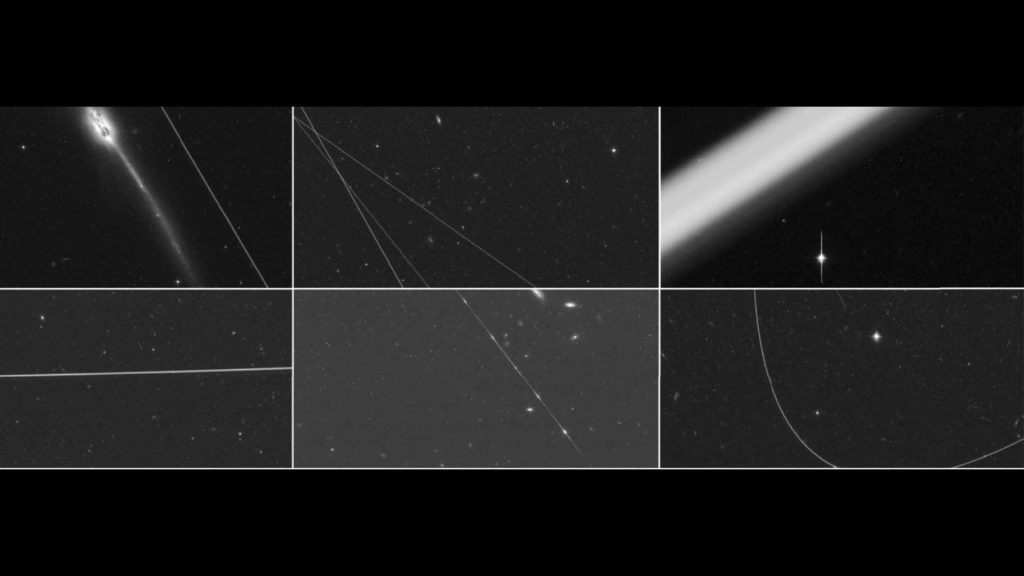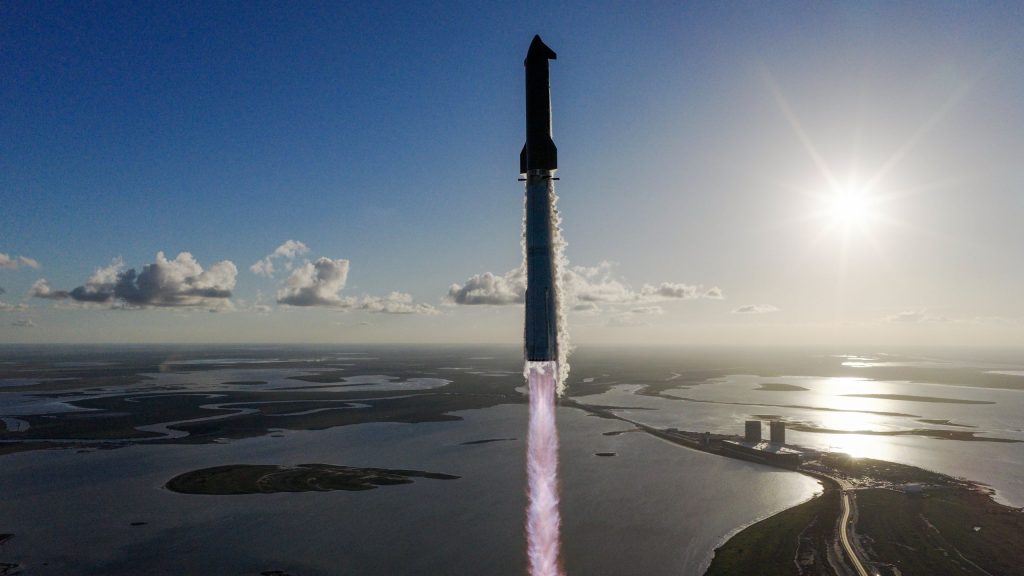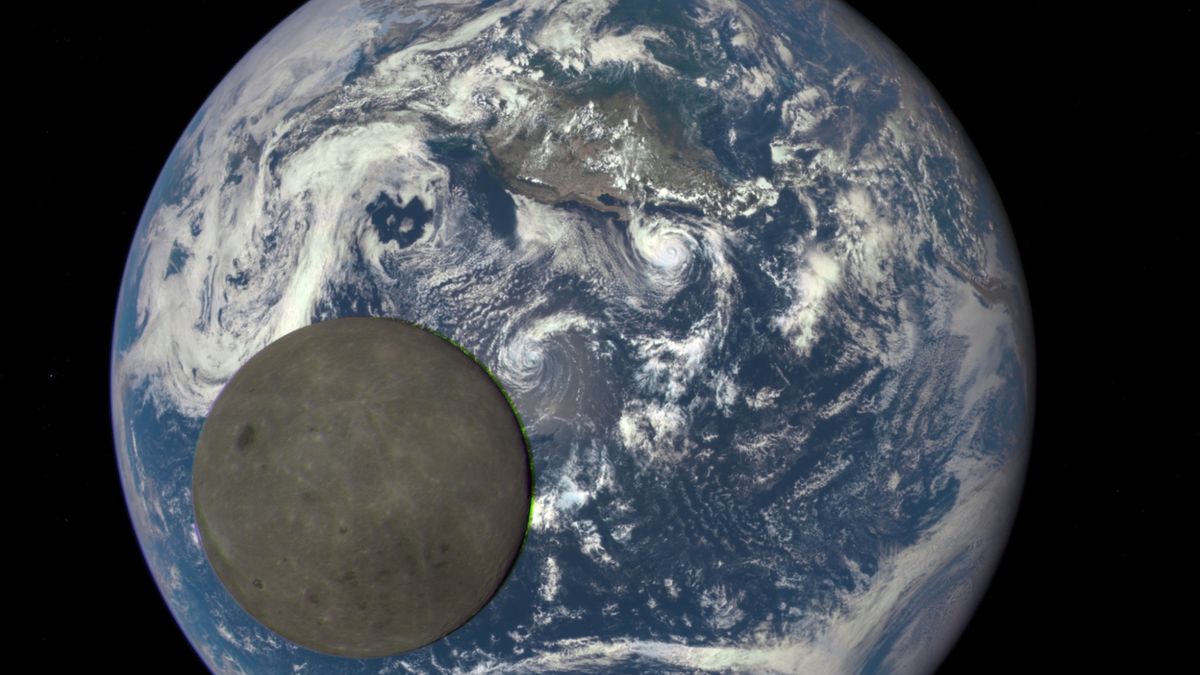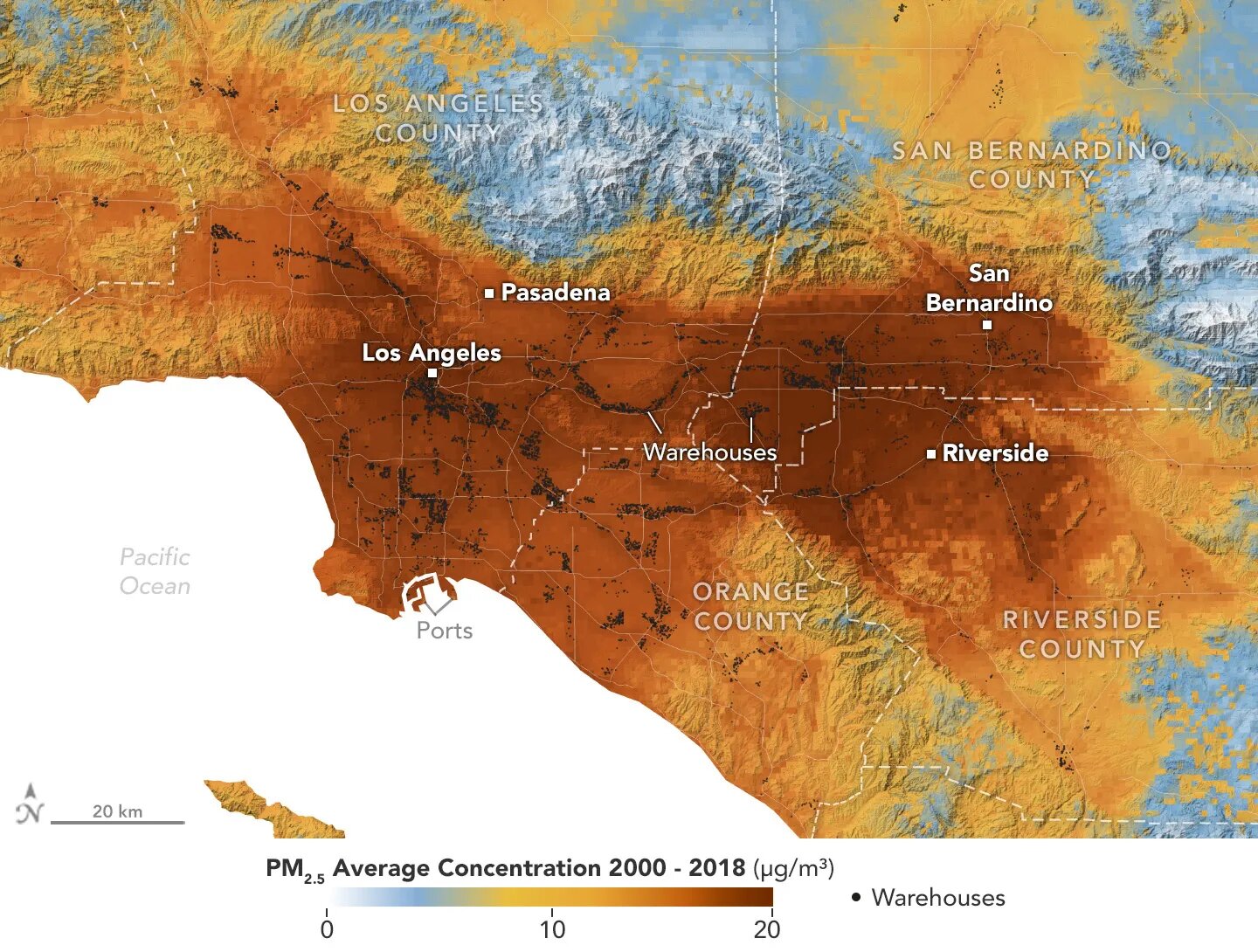ESA has contracted to enhance Greece’s Earth Observation abilities.

The European Space Agency has signed six contracts that will help position Greece as a key player in the field of Earth Observation (EO).
The contracts fall under Greece’s National Satellite Space Project, which is a new initiative. In fact, the Ministry of Digital Governance in Greece only announced the implementation path for the Project at the end of 2023.
The National Satellite Space Project, which is part of the EU-funded Recovery and Resilience Facility plans for Greece, aims to strengthen the country’s capabilities in satellite technologies and applications, empower the country to exchange satellite data, create jobs and generate prosperity.
The Earth observation component of the project, which was initiated at the end of 2023, has already come a long way.
Contracts have already been signed for the first ‘Axes’ that kicked off the development of the thermal imaging and synthetic aperture radar (SAR) systems, the Greek optical satellite constellation and the relevant ground infrastructure.
These six contracts signed by ESA in the presence of the Hellenic Space Center and Greek Ministry of Digital Governance cover Axis-3, the services element, which is needed to complete the end-to-end observing system.
The system will be designed to turn raw satellite data into systematic, coherent, timely and actionable information tailored to meet specific needs of users for five key areas: the monitoring of agriculture, forests, water, land, and for safety and security. These services will be hosted on the governmental hub IT infrastructure, covered by the 6th Axis-3 contract.
ESA’s Director of Earth Observation Programs, Simonetta Cheli, said, “Built on a strong partnership between the Greek government, industry and ESA, the Greek National Satellite Space Project exemplifies the power of collaboration, positioning Greece as a key player in Earth observation.Today’s six new contracts for Axis-3 mark a pivotal step in establishing an end-to-end system to transform satellite data into actionable insights for environmental monitoring and for safety and security. I would further like to stress that the development of this industrial capacity and the future availability of operational services is crucial, not only for Greece, but for Europe at large.”
The contracts are with:
- Planetek Hellas, with sub-contractors Space Hellas, Neuropublic and Knowledge, for the governmental hub of the Greek satellite constellation. As laid out in the contract, Planetek will deliver an integrated end-to-end hub capable of processing and disseminating data generated by the Earth observation satellites that Greece plans to launch. The hub will serve as the central processing unit for all data collected, ensuring seamless distribution and accessibility for various governmental entities.
- AgroApps as prime contractor, with sub-contractors Space Hellas, EOFarm, Agricultural University of Athens, Cloud Signals and TotalView, to implement the agriculture monitoring service, focusing on mapping crop types, monitoring soil moisture and crop growth.
- Planetek Hellas as prime contractor, with sub-contractors NTUA, NOA, FORTH, KEMEA and KETYAK, to implement the safety and security service, focusing on flood risk assessment, wildfire analysis and surveillance, and target identification such as ships.
- Aristotle University of Thessaloniki as prime contractor with Geosystems Hellas as co-prime contractor, and sub-contractors NERCO and MPLegal, to implement the forest monitoring service, focusing on forest type and forest fuel mapping, and forest and natural area monitoring.
- TotalView as prime contractor with ICCS as co-prime contractor, with sub-contractors CDXi Solutions, KEMEA, and Thessaloniki Water Supply and Sewerage Co., to implement the water monitoring service, focusing on water quantity and quality, and maritime surveillance.
- Geosystems Hellas as prime contractor with FORTH and NOA as co-prime contractors, and sub-contractors Consortis Geospatial, University of Patras, NTUA, WINGS ICT and MPLegal, to implement the land monitoring service, focusing on land use and land cover mapping, deformation monitoring, and an urban analytics service that includes urban heat islands, public health and air quality.







